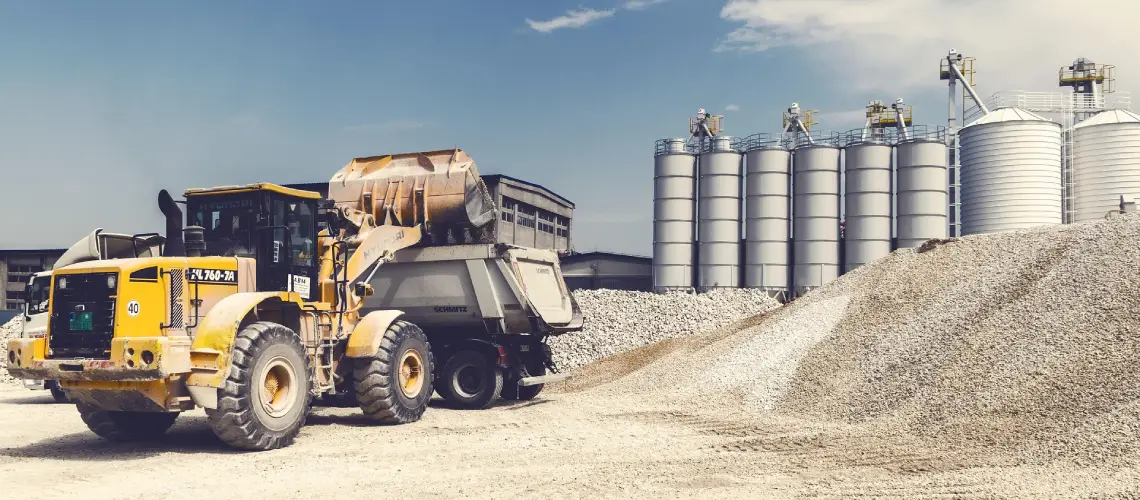For businesses in industries such as construction, manufacturing, agriculture, and transport, obtaining an accurate plant and equipment valuation in Hobart is essential. Whether you need an appraisal for financial reporting, insurance, asset sales, or tax purposes, a professional valuer ensures that your assets are fairly and accurately valued.
This guide explores how plant and equipment valuations work, what factors influence the value of business assets, and how business owners can ensure an accurate assessment.
Why Plant and Equipment Valuation is Important
A professional valuation is necessary for:
- Asset Sale & Purchase: Ensures fair pricing when selling or acquiring equipment
- Insurance & Risk Management: Helps businesses determine appropriate insurance coverage
- Financial Reporting & Auditing: Required for balance sheets and compliance
- Taxation & Depreciation Calculations: Used for capital gains tax and deductions
- Loan Security & Business Financing: Lenders may require a valuation for loan approvals
Whether you operate a small business or a large industrial operation, plant and equipment valuations help in making strategic financial decisions.
What is Considered in a Plant and Equipment Valuation?
Definition of Plant and Equipment
Plant and equipment refer to fixed assets that businesses use in their daily operations. These include:
- Industrial machinery & manufacturing equipment
- Construction tools, vehicles & heavy machinery
- Mining & agricultural equipment
- Office furniture, IT hardware & commercial appliances
- Medical and laboratory equipment
Factors That Affect Plant and Equipment Valuation
- Age & Condition: Older or worn-out equipment has a lower valuation compared to new or well-maintained machinery
- Market Demand: Equipment in high demand (e.g., construction vehicles) often holds value better than niche machinery
- Technology & Obsolescence: Assets with outdated technology tend to depreciate faster
- Functionality & Usability: Fully operational machinery retains higher value than units requiring repairs
- Replacement Cost & Residual Value: Valuers estimate how much it would cost to replace an asset and determine its end-of-life value
Methods Used for Plant and Equipment Valuation in Hobart
Professional valuers use several techniques to assess asset value, depending on the purpose of the valuation:
- Market Approach: Compares the asset’s value to recent sales of similar equipment in the market
- Cost Approach: Determines value based on replacement costs, accounting for depreciation
- Income Approach: Used for revenue-generating equipment, based on expected future earnings and profitability
How Much Does Plant and Equipment Valuation Cost in Hobart?
The cost of a plant and equipment valuation in Hobart depends on:
- The number of assets being valued
- Asset complexity and condition
- Purpose of the valuation (finance, tax, sale, etc.)
On average, valuations range from $500 for small assets to over $5,000 for large industrial machinery assessments.
Conclusion
A plant and equipment valuation in Hobart is essential for business owners, manufacturers, and asset managers. Whether you need a valuation for financial reporting, tax purposes, or selling machinery, a certified valuer ensures a fair and accurate appraisal.
- Choose a qualified and experienced valuer
- Keep detailed maintenance and purchase records
- Stay informed about market trends and depreciation rates
If you’re looking for a professional plant and equipment valuation in Hobart, contact an expert valuer today to get an accurate market assessment
